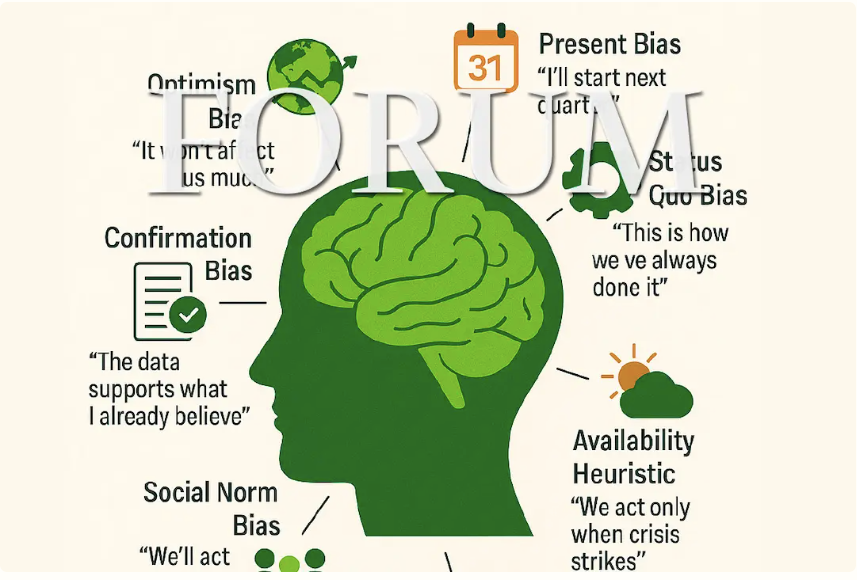Shaping a nature-positive economy in Malaysia
- CGM
- Jul 19, 2024
- 1 min read
Updated: Jan 6, 2025

Malaysia is grappling with significant deforestation challenges that threaten its global standing, resource security, and market access.
Ahmad Afandi, a fellow at the Institute of Strategic & International Studies (ISIS) Malaysia, highlights that the core issue lies in an incentive structure that inadequately protects public goods, such as ecosystem services, due to state governments' heavy reliance on land-based revenue.
Dr. Gopalasamy Reuben Clements, a sustainable finance specialist with the Zoological Society of London (ZSL), emphasizes that the concept of a nature-positive economy is being explored to channel capital towards conservation through responsible and innovative financing mechanisms, including a robust carbon trading system. While Malaysia has the potential to offer high-quality nature-based projects,
Zayana Zaikariah, a researcher at ISIS Malaysia, points out the need to build market confidence and create a conducive environment for these initiatives. Policy coherence between federal and state levels is crucial, and an equitable fair-share contribution model could enhance economic instruments by compensating and incentivizing states for conservation efforts.
The current incentive structure must be reformed to align with conservation outcomes, employing policy instruments like carbon and resource pricing to internalize negative externalities and drive behavioral change. Strong oversight is essential for carbon trading, requiring clear policy and regulatory frameworks to address jurisdictional complexities and harmonize carbon legality.
Additionally, Malaysia needs a strategic approach to nature-based solutions, with clear definitions, prioritization of critical ecological areas, and a communication plan that aligns with a broader narrative for a nature-positive economy. This approach should provide direct social benefits and contribute to broader climate and biodiversity objectives, ensuring long-term conservation and sustainable development.
.png)



Comments